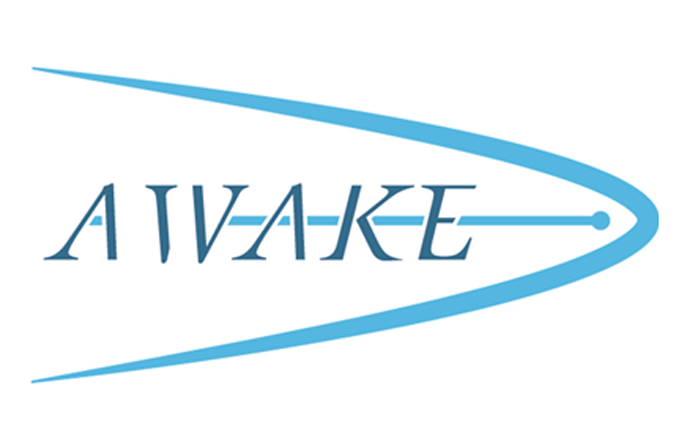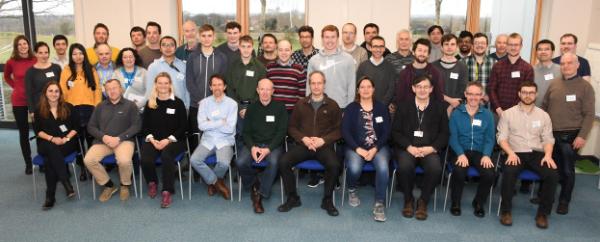Spring 2018 AWAKE Collaboration meeting held at Cockcroft Institute

The AWAKE project -- the world’s first proton-driven plasma wakefield accelerator experiment – has just entered Phase 2 of its first Run, due to be completed by the end of 2018. Results from the first year have been overwhelmingly positive.

On the 12th, 13th and 14th of March, the Cockcroft Institute was host to the Spring 2018 AWAKE Collaboration meeting. It presented a great opportunity for teams and researchers from the 36 institutions from across the globe that make up the AWAKE Collaboration to discuss the challenges and successes of the past year, as well as plans and prospects looking forward all the way to 2021.
After a welcome note by the Spokesperson Allen Caldwell, followed by summaries from the Technical and Physics Coordinators, the rest of Monday comprised of presentations of experimental results of the last year.
Tuesday’s talks were predominantly on challenges facing implementation of the electron injector for Phase 2 in 2018, following reflections on the achievements of Phase 1 in the past year. The day concluded with a banquet dinner at Ruthin Castle in North Wales, in a night enjoyed to the utmost by PhD students and seasoned academics alike.
Wednesday’s agenda looked further into the future with presentations of simulation studies into solving some of the challenges seen over the previous days and towards further improving the potential of AWAKE.
The QUASAR Group’s Prof Carsten Welsch introduced the University of Liverpool’s work package, as well as how the group’s past beam diagnostics and accelerator optimization experience will contribute to the experiment, generating much intrigue among those in attendance. The intense three-day meeting was an excellent opportunity for the other QUASARs who will be involved in the project; Mark Ibison, Hao Zhang and Aravinda Perera, to get up to speed with the latest developments with the experiment, in preparation for their contributions in the years ahead.
It was an exciting three days with both world-leading experts and budding researchers in accelerator science and plasma physics in one place, planning and discussing what could very likely be the first step in a revolution in particle accelerators for the 21st Century.